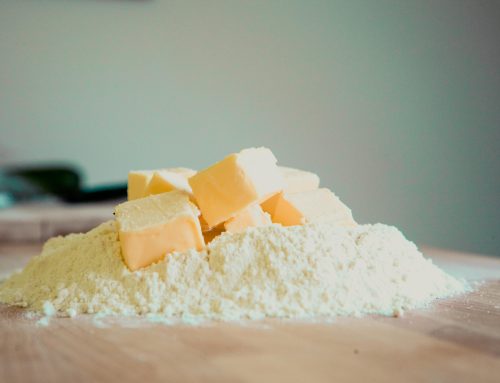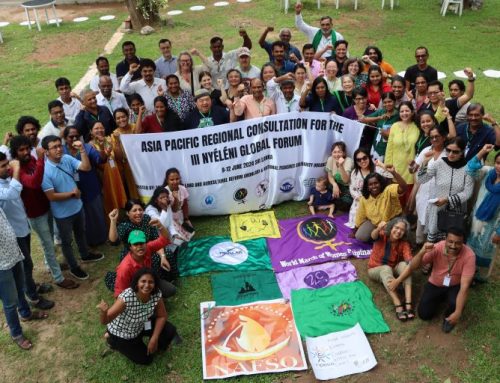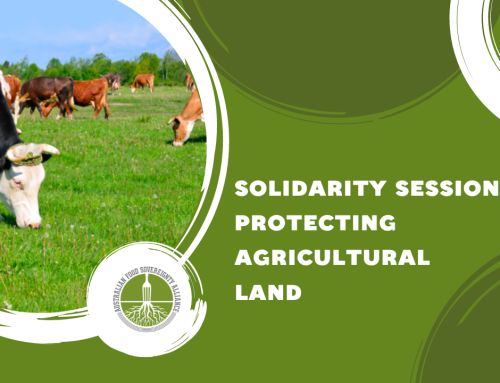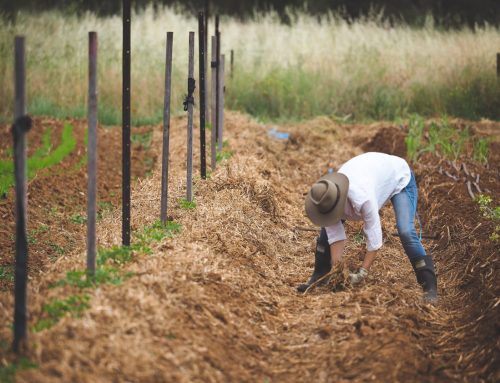The supermarket price war continues. First it was home brand milk at $1 a litre. Now it’s 50% discounts on fruit and vegies, supposedly owing to the glut produced by an abundant growing season. The latest salvos have again been fired first by Coles, but will no doubt be matched by Woolies.
At the heart of all this is the culture of cheap food, which means that most Australians relate primarily to food through its price tag alone, with little thought to wider social or environmental issues which that price does not reflect. The focus on price is understandable, given other cost of living pressures and the growing spectre of a global economic downturn, with all that implies.
Even so, we have to find ways as a society and a culture to have a deeper conversation about food, because endless price-cutting inevitably undermines the conditions for farmers and growers. The supermarkets deny this, but the facts speak for themselves: while the market share of Coles and Woolies has doubled since the mid-1970s (from around 40% to nearly 80%), Australia has lost in the order of 40-50,000 farmers; and now the age of the average farmer is well over 50. Many farmers are in their 70s. Even leaving aside the serious environmental impacts of hugely extended supply chains, who is going to grow our food in the future?
This is why eco-social food enterprises Food Connect and CERES Fair Food are calling for a transformed food system: MediaReleaseLocalPlayersCallforFairFood. We support them. Does the Australian Government?





